With the Ho Chi Minh City University of Technology, Vietnam National University Ho Chi Minh City (HCMUT, VNU-HCM) as their springboard, graduates of the English-taught Civil Engineering program have demonstrated remarkable versatility in their career paths, from pursuing higher degrees overseas to working for multinational corporations in Vietnam.
BUILD YOURSELF, BUILD THE WORLD: KNOWLEDGE, COMMUNICATION, AND TECHNOLOGICAL ADOPTION
I’m Nguyen Ngoc Anh Tram, a proud alum of the K2016 English-taught Civil Engineering program. Currently, I’m pursuing a Master’s degree in Construction Management and Engineering at La Trobe University in Australia, fueled by a full scholarship.
From a young age, the thrill of building captivated me. Legos were my go-to, and becoming a civil engineer was the dream. As I grew, my fascination with architecture blossomed, from quaint houses to towering skyscrapers.
The English-taught Civil Engineering program was a game-changer. It honed my technical English, exposed me to cutting-edge technologies, broadened my career avenues, and fostered holistic development in a vibrant multicultural environment.
At the HCMUT, I laid a solid foundation in the latest construction principles, methods, and techniques. I also sharpened my analytical and problem-solving skills, equipping myself to find the most effective solutions. Beyond technical expertise, I honed crucial soft skills like communication, leadership, teamwork, and time management through large-scale construction projects. This comprehensive skillset became my springboard for higher education in the land Down Under.
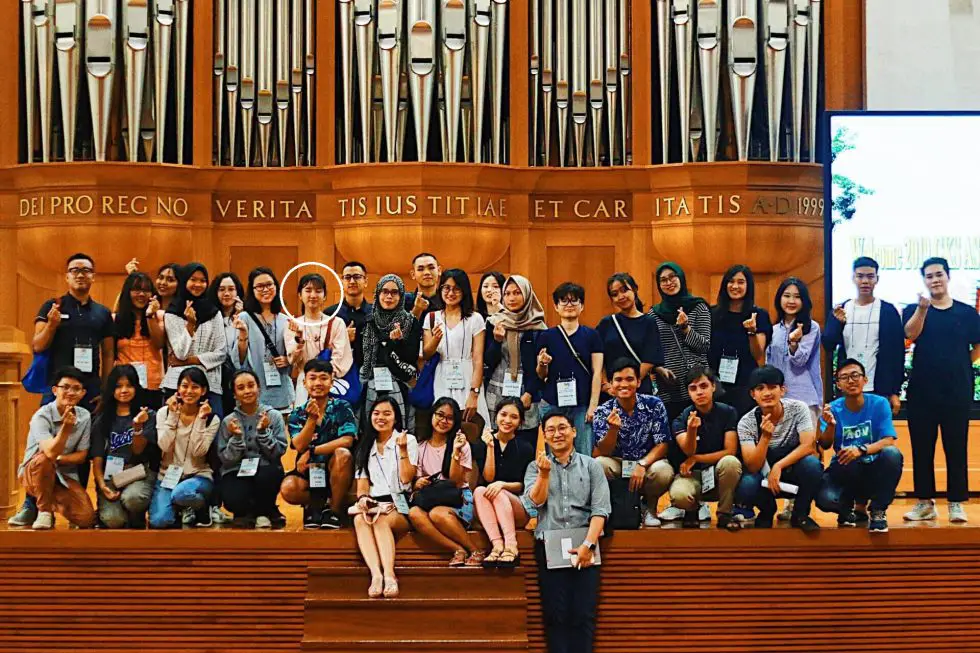
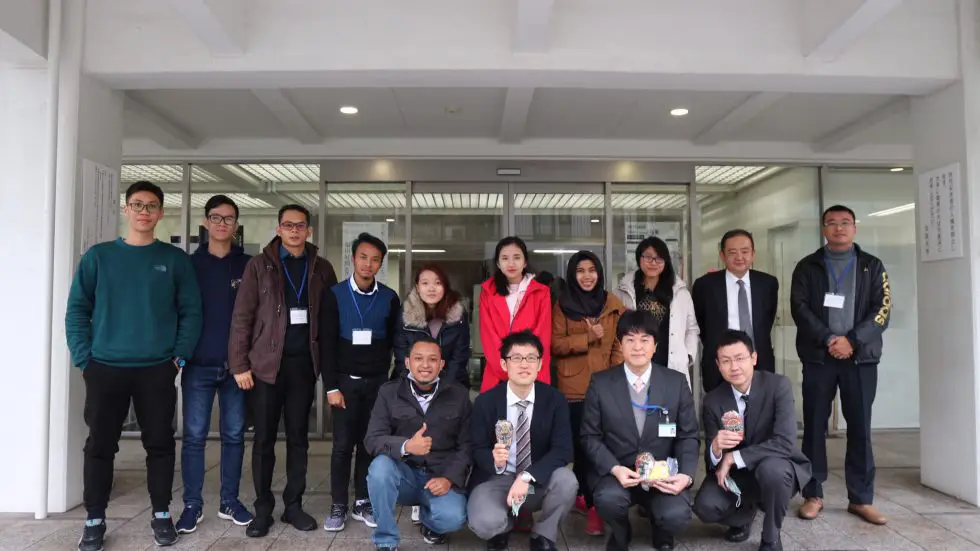
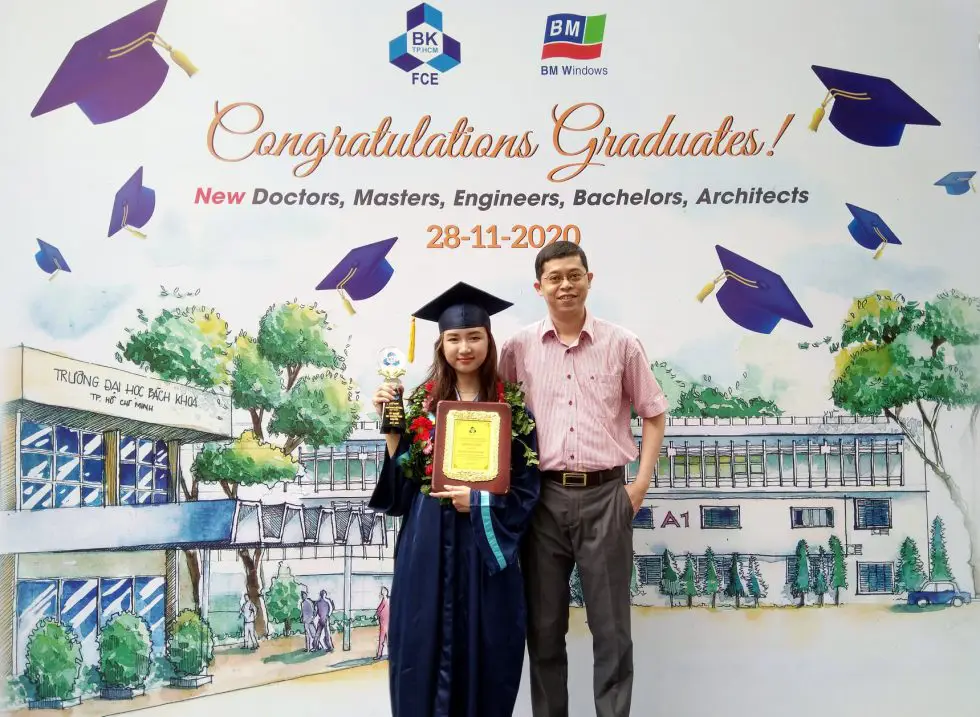
Now at La Trobe University, I’m actively involved in projects that enhance safety at railway crossings. Imagine this: virtual reality (VR) and augmented reality (AR) are used in driving simulations to identify potential hazards! Additionally, I wear another hat – a teaching assistant for the Infrastructure Design course in the Faculty of Engineering. Here, I provide technical support and guide students in practical applications, helping them master specialized tools and software.
Some might question women’s suitability for construction. I respectfully disagree. My experience reveals women’s strengths: meticulousness and a keen eye for detail, ensuring top-notch results. Furthermore, their gentle and diplomatic approach fosters a more positive and collaborative environment during discussions and negotiations. This, in turn, fosters trust with partners, leading to beneficial outcomes for the company.

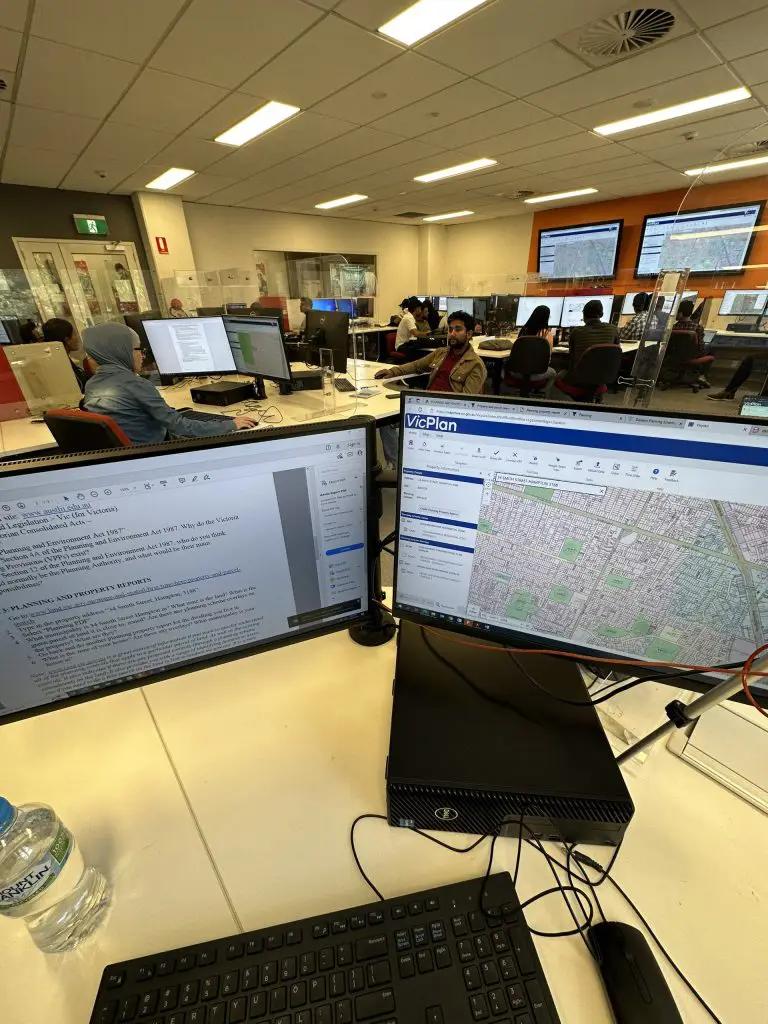
So, what’s the secret sauce for success in construction? Here’s my recipe: a potent blend of specialized knowledge, clear communication, and technological savvy.
A strong foundation in engineering knowledge is paramount. A thorough understanding of construction techniques, materials, processes, and industry standards allows engineers to execute projects flawlessly. Effective communication is equally crucial. Seamless communication with stakeholders like workers, engineers, clients, and investors ensures clear information flow, minimizing conflict and fostering collaboration throughout a project’s lifecycle. Finally, technological proficiency is the golden key in today’s digital age. Mastering and applying cutting-edge technologies (Building Information Modeling, Internet of Things, Artificial Intelligence, etc.) not only boosts productivity but also keeps you ahead of the curve, opening doors to exciting career opportunities.
The future of construction management and modern engineering is brimming with potential. Urbanization and the ever-growing demand for infrastructure necessitate project managers with in-depth knowledge and expertise in advanced technologies.
The rise of smart cities and the focus on sustainable construction are further shaping the landscape. Today’s construction projects prioritize environmental protection and energy conservation. This demands a deep understanding of green materials, energy-saving technologies, and environmentally friendly construction methods. With this expertise in hand, green materials specialists, environmental construction engineers, consultants, sustainable construction project managers, and research and development professionals are highly sought-after in the industry.
THE KEYS TO SUCCESS: FROM CLASSROOMS TO CUTTING-EDGE PROJECTS

I’m Nguyen Quoc Gia Bao, a proud alumnus of the 2016 English-taught Civil Engineering program. Today, I wore a different hard hat – Project Development Manager at Waymax Holdings! This Singaporean investment fund collaborates with top Vietnamese developers like Novaland, Phu Long, An Gia, and DIC, pumping resources into major real estate projects.
My passion for civil engineering stems from my dad, a dedicated bridge and road design engineer. Seeing his work firsthand instilled in me the industry’s impact on Vietnam’s economic growth, a steady and enduring force.
The HCMUT’s English-taught Civil Engineering program wasn’t just about technical know-how. It equipped me with a robust skillset for the real world: fluent technical English, critical thinking, hands-on experience, problem-solving prowess, and resource management. This program laid the groundwork for my professional approach and prepared me to hit the ground running.
As a student, textbooks were my bible. Mastering the intricacies of the field was my single-minded pursuit. But the real world? It throws curveballs. Situations on construction sites could be vastly different, even the opposite of what textbooks depict. That’s why practical experience and the ability to adapt are crucial. Civil engineering allows me to hone both, which is incredibly rewarding.
Back in university, I envisioned myself strictly in construction roles – design consulting, bidding for projects, supervising construction. However, my current role at Waymax opened my eyes to the interconnectedness of civil engineering and other fields. For instance, controlling construction costs heavily relies on financial calculations, and project management software demands a solid understanding of IT.
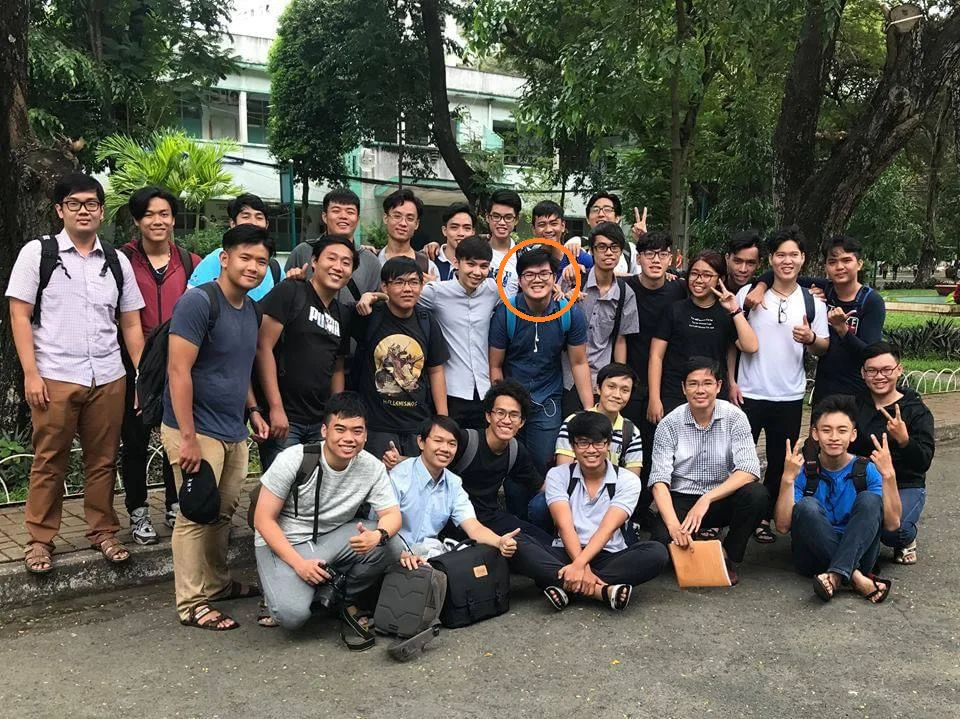

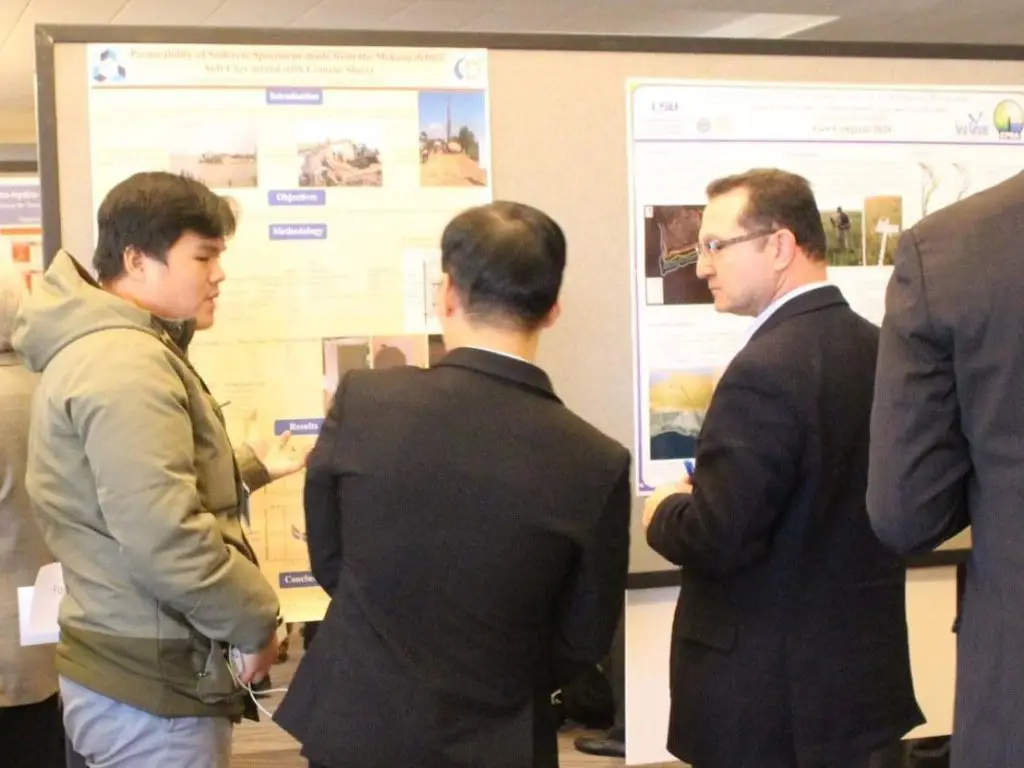
Initially, joining an investment fund filled me with a tinge of self-doubt. Most of my colleagues hailed from finance backgrounds, while I was the sole engineer. However, the logical reasoning and systematic thinking skills honed at the university proved invaluable. I leveraged them to my full potential, contributing significantly to numerous projects. We delivered exceptional results, creating both tangible and intangible value for society.
For me, career growth is intertwined with sustainable development. Regardless of the task’s complexity, I strive for meticulous execution. This dedication has earned me the trust of both superiors and partners.
Looking ahead, I see data digitization and digital project management taking center stage. All project parameters and tasks will be integrated and managed on a single platform accessible to all stakeholders – investors, contractors, supervisors, and design consultants. This ensures timely updates, seamless communication, and crystal-clear information flow.
Furthermore, with automation gaining momentum, I believe robots replacing humans in hazardous construction tasks is a future reality.
The government’s adjustments to public investment policies and the influx of foreign investment paint a promising picture for civil engineering graduates. These roles will require not only top-notch technical skills but also foreign language fluency and a diverse soft skillset.
| Civil engineering is the backbone of a nation’s socio economic development, through constructing, managing, and operating infrastructure systems that support daily life, transportation, commerce, healthcare, education, and a lot more. Civil engineers are responsible for a wide range of projects, from consulting, designing, constructing, managing, supervising, to inspecting various projects such as residential buildings, commercial centers, schools, hospitals, bridges, and roads. The English-taught Civil Engineering program at the HCMUT offers a world-class education, delivered entirely in English. Students with appropriate academic records, English and financial capability, can transfer credits to partner universities in Australia, paving the way for advanced studies and global careers. |



